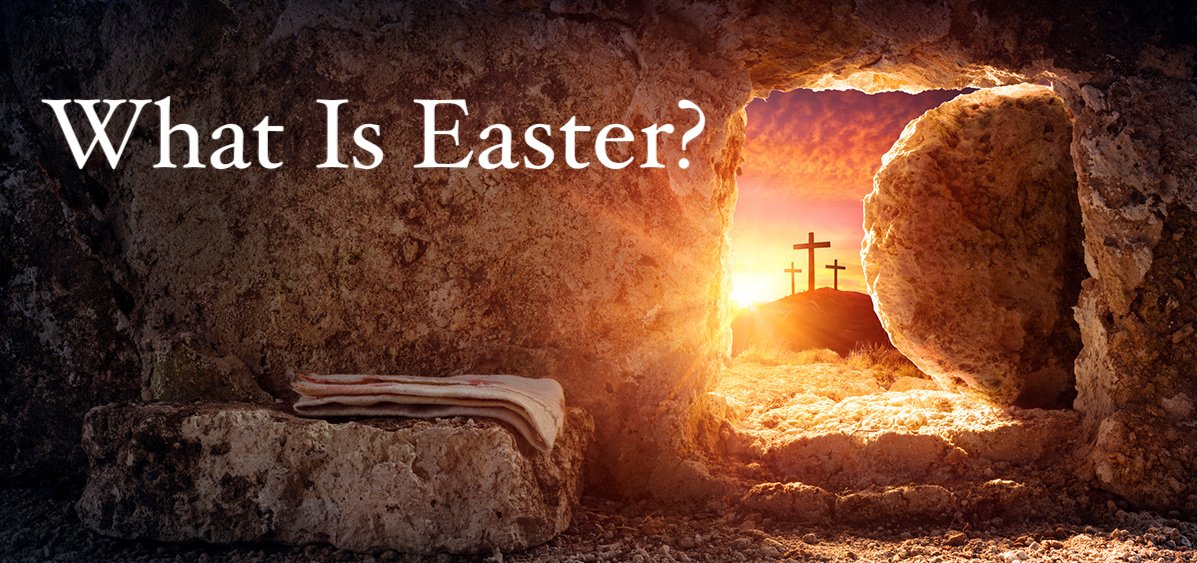Before I learned of the Christian Year, I celebrated EASTER as a one–day celebration. This one day was very special. In fact, it was the most special of all the Sundays of the church.
In the Christian Year, however, Easter is an event—the event of the glorious resurrection of Jesus from the dead—that goes beyond just one day. It is a season of 50 days that begins on Easter Sunday and lasts until Pentecost.
There is biblical precedent for Easter as a season. After his resurrection Jesus appeared to his disciples over a period of forty days, teaching them the truths of the kingdom (Acts 1:3). On the fortieth day he ascended into heaven. Ten days later the Holy Spirit descended upon them (Acts 2:1-47). Following the history of the post-resurrection period, Easter developed into a seven–week celebration that included the ascension and ended with the coming of the Spirit on the day of Pentecost.
The season of Easter is referred to as “the Great Fifty Days,” comprised of eight Sundays. It is no mistake that this season consists of fifty days as it is based on the Jewish festival of fifty days that began the harvest season two days after the start of Passover and extended until what came to be called the Day of Pentecost.
To summarize, Easter Sunday is the most important Sunday. The Sunday of all Sundays. It is the day of the new beginning of the entire cosmos. The day of resurrection.
But it doesn’t end with Easter Sunday. In our worship, we must be careful not to reduce our message to Easter Sunday only. The Easter fact must include the message that God makes all things new. It must also include the message that we have been raised with Christ. Calling all God’s people to die to sin and rise to new life is central not only to Easter day but to the entire Easter season.

